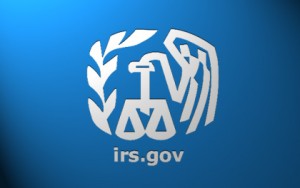A Bitcoin ETF?
On Monday the Winklevoss twins, Cameron and Tyler, filed paper work with the SEC for a Bitcoin ETF. The “The Winklevoss Bitcoin Trust” has filed for an initial public offering of 1 million shares at $20 each.
“The Winklevoss Bitcoin Trust (Trust) will issue Winklevoss Bitcoin Shares (Shares) which represent units of fractional undivided beneficial interest in and ownership of the Trust. Math-Based Asset Services LLC is the sponsor of the Trust (Sponsor) and [TRUSTEE] is the trustee and custodian of the Trust (Trustee) using proprietary and patent-pending technology to administer the Trust. The Trust intends to issue additional Shares on a continuous basis.”
While this is certainly a sign of Bitcoin continuing its move towards the mainstream, the filing has also drawn a lot of criticism. Critics include those who think Bitcoin is a silly idea in general, to those who are all too happy to list all the ways in which it could go wrong.
The EFT is still a long ways off of actually happening, and it will certainly be interesting to see how the SEC will handle the filling.



